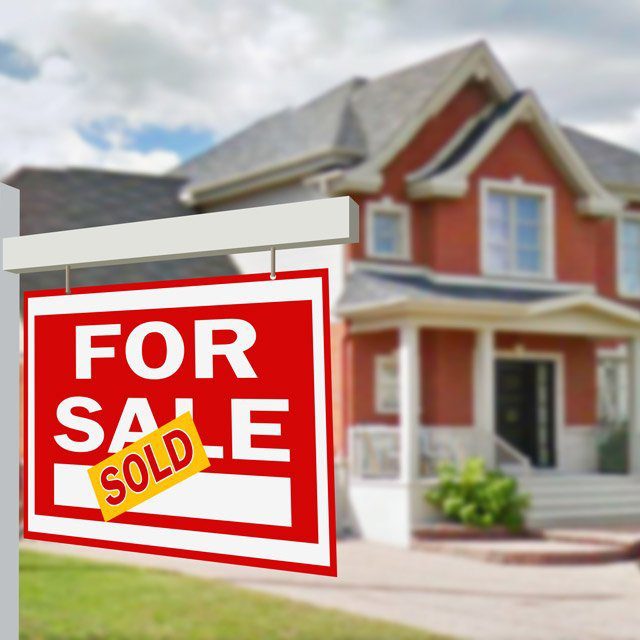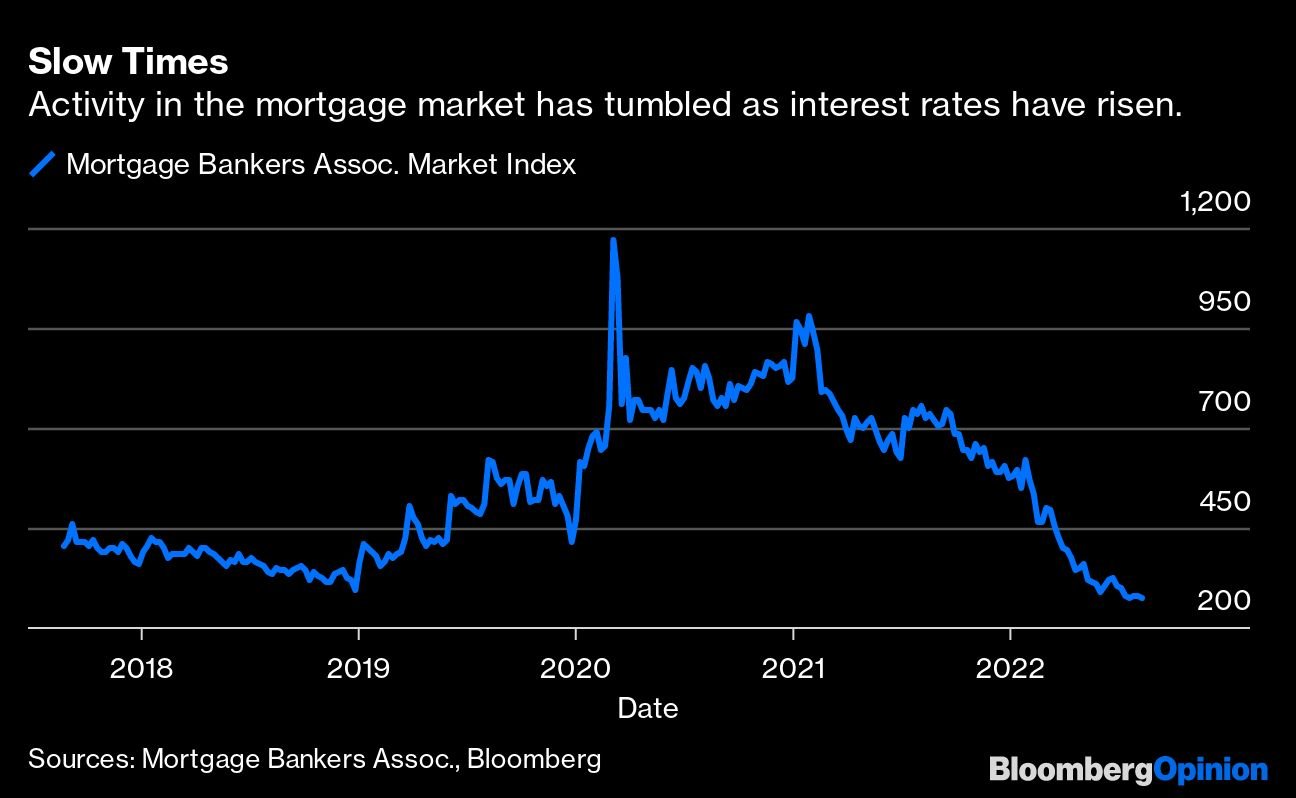Is a 40-Year Mortgage a Wise Choice?

Because of rising interest rates and higher home values, the monthly mortgage payment on a typical U.S. home is 62% higher than a year ago. So, it’s only natural to be looking for a way to cut costs. But if you’re borrowing money to buy a home and think the answer to a cheaper mortgage is a longer-term loan, like 40-years long, think again.
The idea seems simple enough — just extend the life of the loan to save on monthly payments and refinance as soon as rates drop enough to make it worthwhile. Plus, a 30-year mortgage is a bit of a misnomer, as no one really keeps the same home loan for three decades these days.
So why not just go for 40 years? There are many reasons not to play with the terms.
First, the monthly savings are unlikely to be substantial. If you borrow $300,000 for 30 years at a rate of 5% that is fixed for the life of the loan, your monthly payment will be about $1,610, according to calculations from HSH.com, a mortgage website for consumers.
Assuming the same rate for a 40-year fixed mortgage (which is generous because the rates for 40-year mortgages are likely to be higher), the monthly payment will be about $1,447, a savings of $163.
Sure, every little bit counts at a time when home affordability is the lowest in decades, meaning that the median household income is below what’s needed to qualify for a mortgage to buy the median-priced home. But not so when accounting for the extra interest you’ll be paying.
In just five years, you’ll have paid about $3,700 more in interest with a 40-year loan than one for 30 years and owe about $11,000 more because less of your payment with the 40-year will be going toward the principal amount borrowed. And if you do end up holding the loan for the full 40 years, you’ll pay $115,000 more in total interest than if you had gone with the 30-year loan.
And that’s why some lenders will gladly arrange a 40-year loan for you if you ask. They’d love to cash in on another product that could seemingly make a house more affordable because it would help to generate additional revenue. That’s especially true now as mortgage activity has plummeted this year.

It’s not like you’re going to be able to borrow a lot more with a 40-year loan. Assuming an income of $150,000 and all other things being equal, a longer-term loan increases the amount you can borrow by about $40,000, according to the HSH calculator.
Perhaps the biggest red flag with a 40-year mortgage is how slowly you’ll build equity in your house since more of your payment is going toward interest than principal compared to a loan with a shorter term. That may become an even bigger issue if housing prices continue to slow or even dip as we enter a housing recession.




